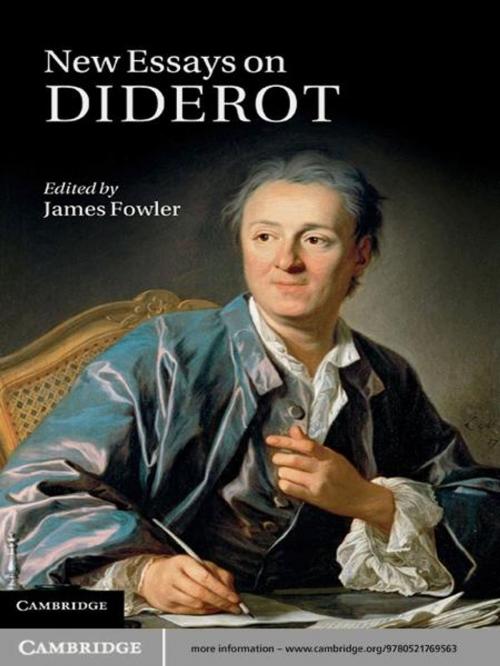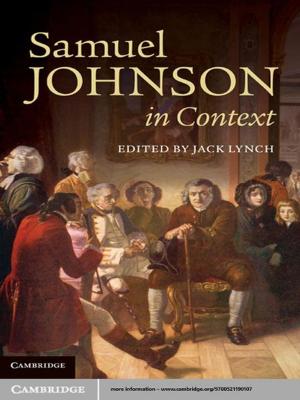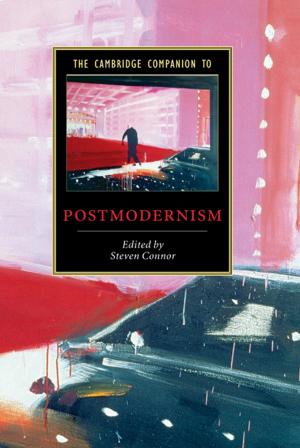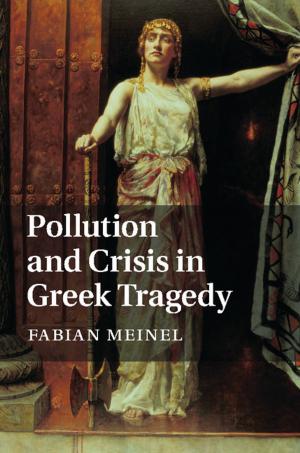New Essays on Diderot
Fiction & Literature, Literary Theory & Criticism, European, Nonfiction, Religion & Spirituality, Philosophy| Author: | ISBN: | 9781139063197 | |
| Publisher: | Cambridge University Press | Publication: | March 24, 2011 |
| Imprint: | Cambridge University Press | Language: | English |
| Author: | |
| ISBN: | 9781139063197 |
| Publisher: | Cambridge University Press |
| Publication: | March 24, 2011 |
| Imprint: | Cambridge University Press |
| Language: | English |
The great eighteenth-century French thinker Denis Diderot (1713–84) once compared himself to a weathervane, by which he meant that his mind was in constant motion. In an extraordinarily diverse career he produced novels, plays, art criticism, works of philosophy and poetics, and also reflected on music and opera. Perhaps most famously, he ensured the publication of the Encyclopédie, which has often been credited with hastening the onset of the French Revolution. Known as one of the three greatest philosophes of the Enlightenment, Diderot rejected the Christian ideas in which he had been raised. Instead, he became an atheist and a determinist. His radical questioning of received ideas and established religion led to a brief imprisonment, and for that reason, no doubt, some of his subsequent works were written for posterity. This collection of essays celebrates the life and work of this extraordinary figure as we approach the tercentenary of his birth.
The great eighteenth-century French thinker Denis Diderot (1713–84) once compared himself to a weathervane, by which he meant that his mind was in constant motion. In an extraordinarily diverse career he produced novels, plays, art criticism, works of philosophy and poetics, and also reflected on music and opera. Perhaps most famously, he ensured the publication of the Encyclopédie, which has often been credited with hastening the onset of the French Revolution. Known as one of the three greatest philosophes of the Enlightenment, Diderot rejected the Christian ideas in which he had been raised. Instead, he became an atheist and a determinist. His radical questioning of received ideas and established religion led to a brief imprisonment, and for that reason, no doubt, some of his subsequent works were written for posterity. This collection of essays celebrates the life and work of this extraordinary figure as we approach the tercentenary of his birth.















